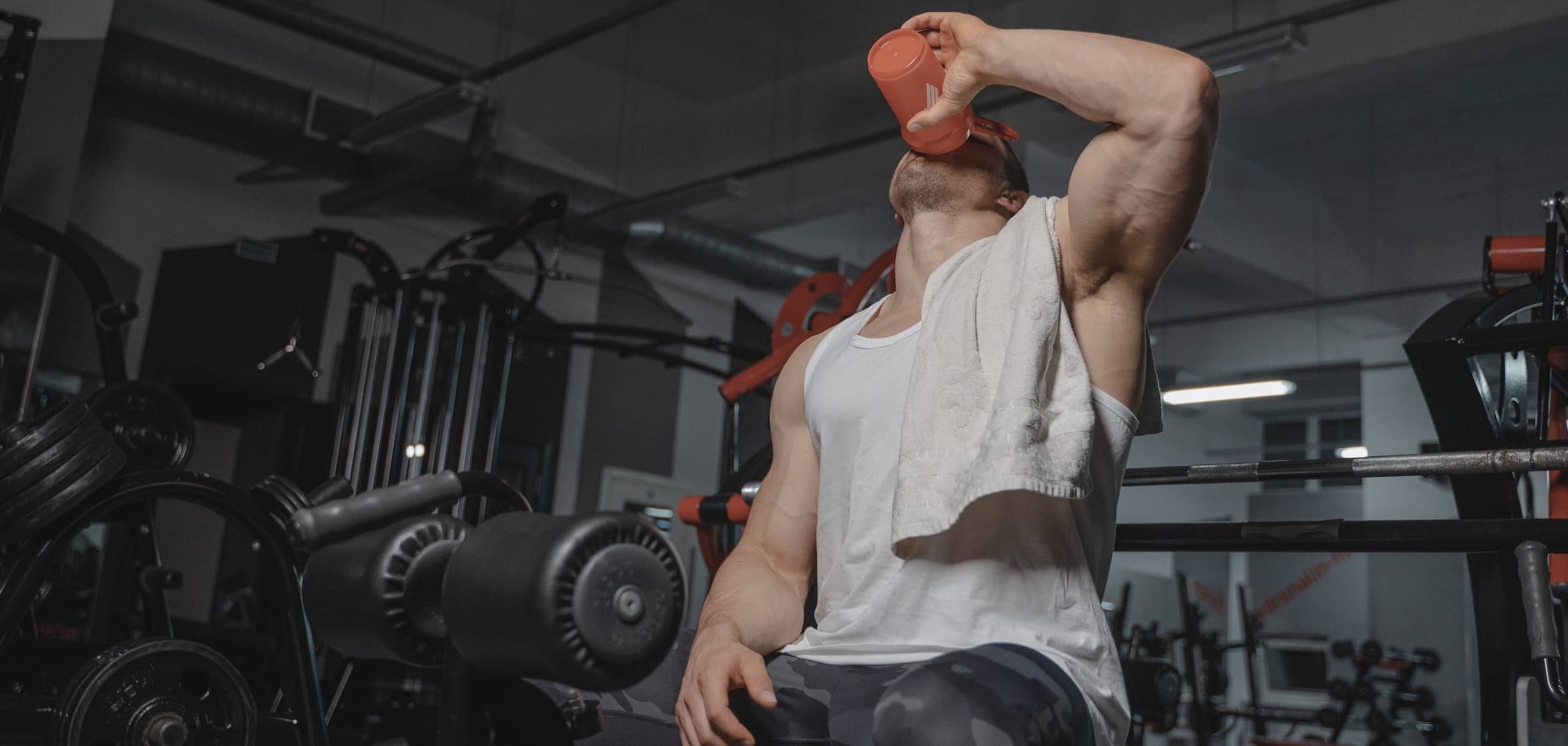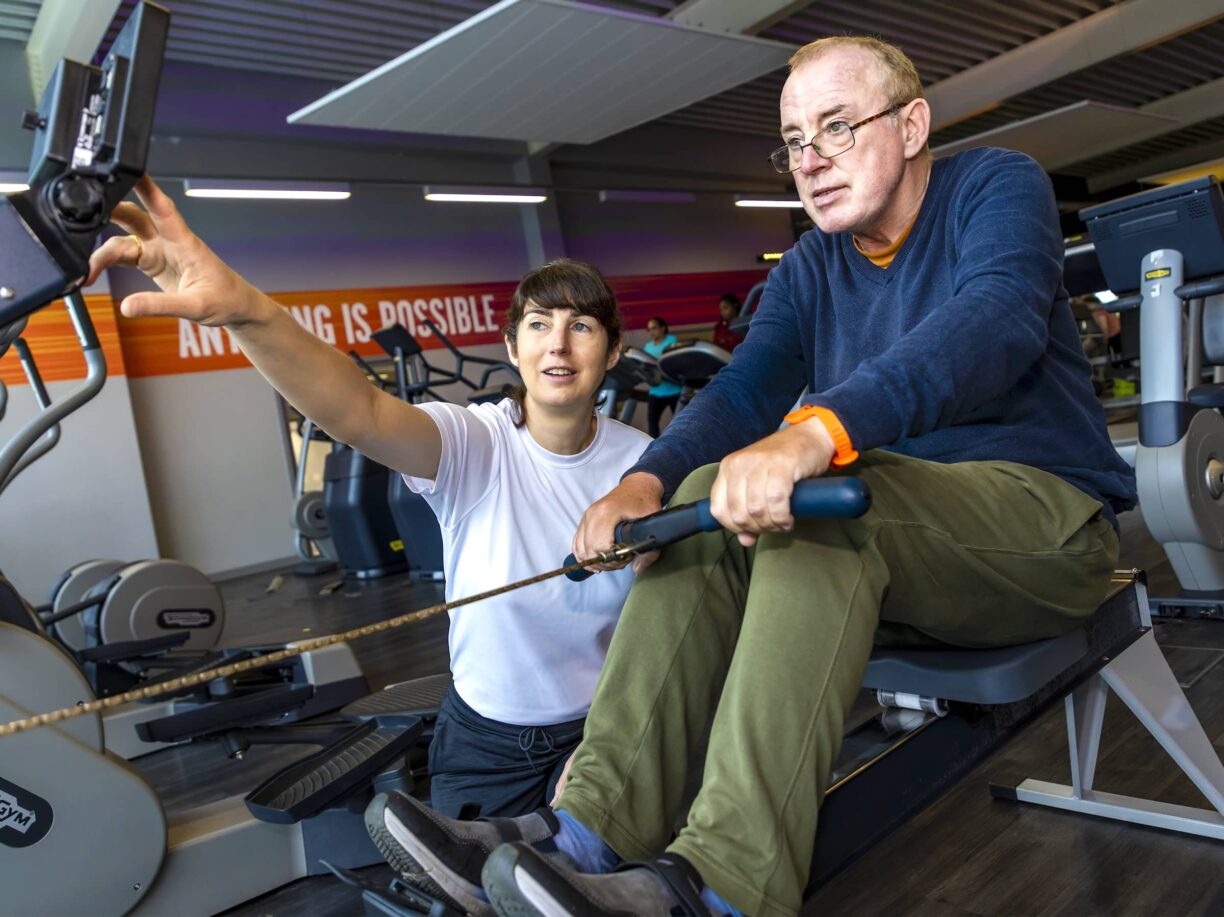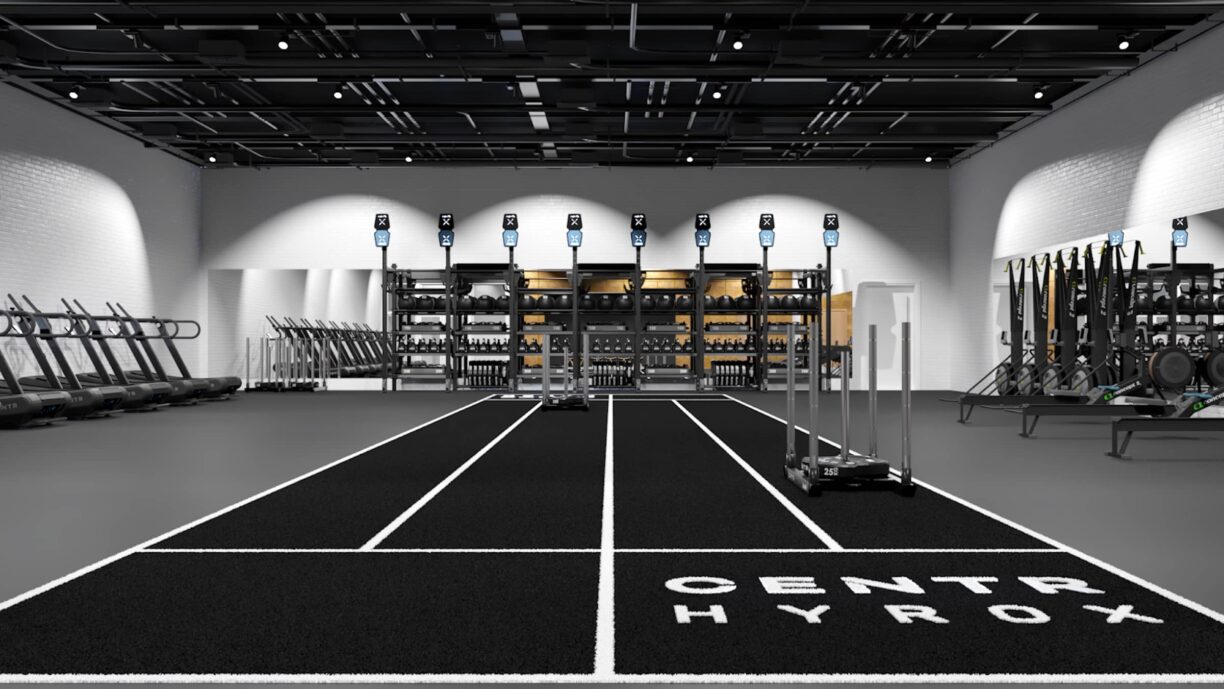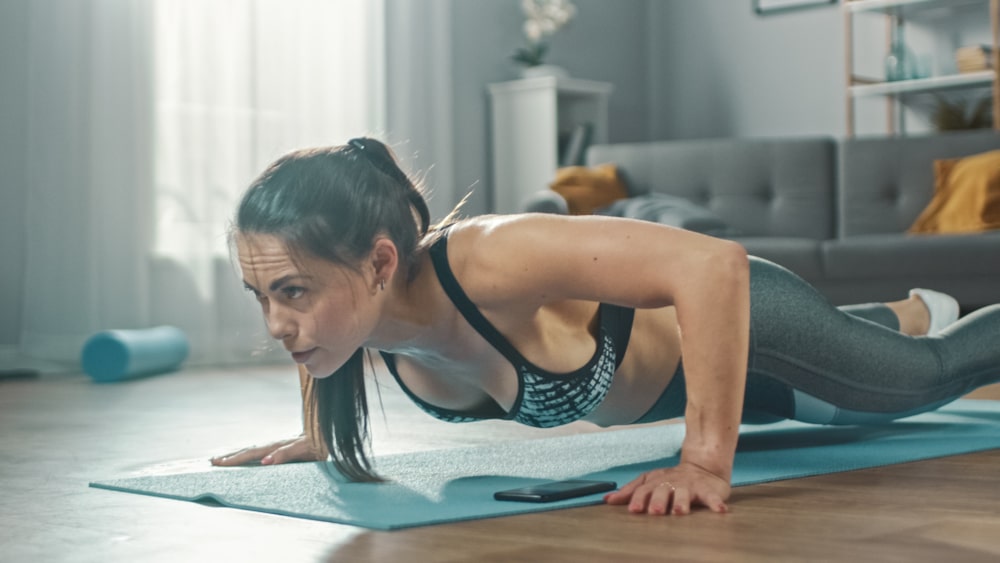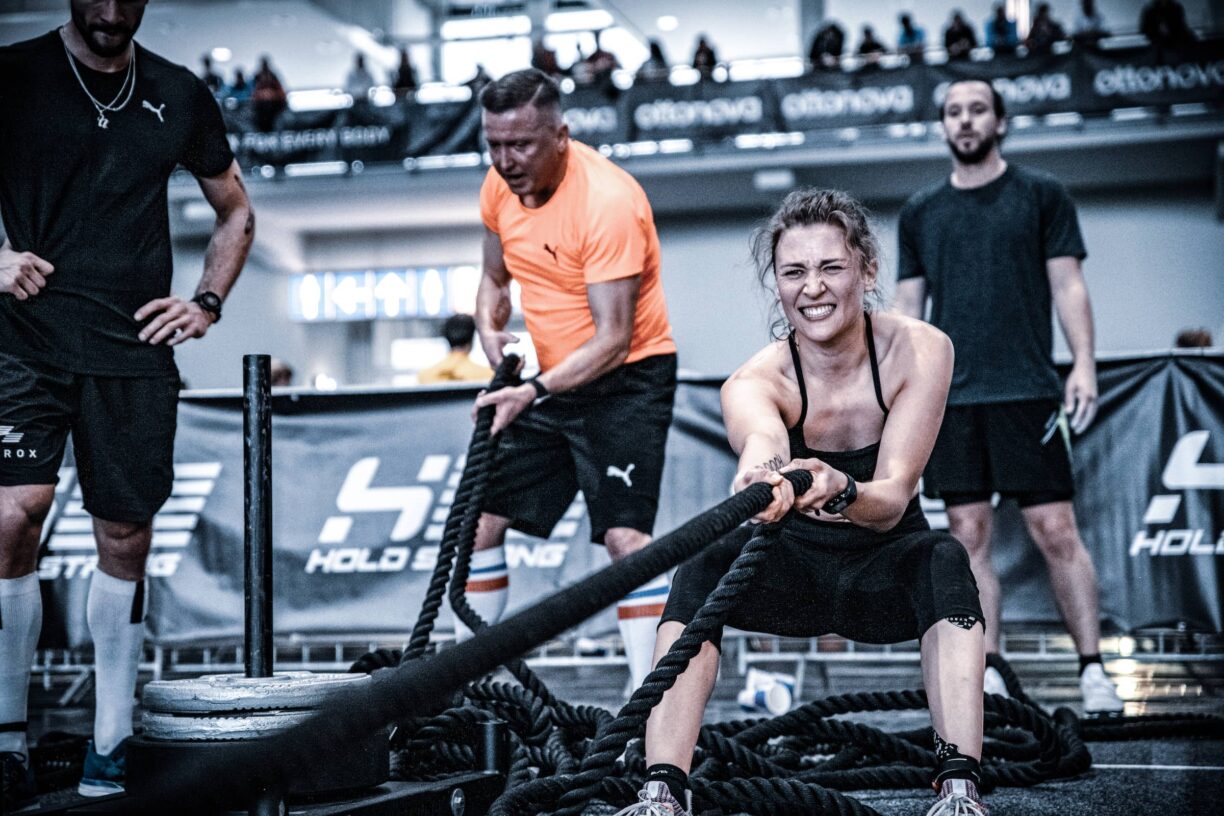You’re going to the gym Monday to Friday, eating a balanced diet and sticking to a healthy routine but come weigh day not seeing the results you anticipated?
Luke Hughes, a PT at OriGym, reveals how your boozy weekend seshes could be jeopardising your hard work and, worse, affecting your health.
How does alcohol affect our bodies?
The recommended alcohol limit is 14 units over the course of a week, this is the equivalent to six pints of beer, or ten small glasses of wine. According to Drink Aware, nearly a quarter (23%) of Brits consumes over that suggested amount.
Here’s what you need to know about alcohol and the way it affects your body.
- It usually takes the liver about an hour to remove one unit of alcohol from the body, so after a heavy session, your liver struggles to remove all the drinks you’ve consumed – causing the dreaded hangover.
- Alcohol changes the way we think by binding to the neurotransmitters responsible for calmness and sedation, this is why we feel more social and confident but less inhibited after we’ve had a few drinks.
- If you drink more than 12 units over a short period of time you’re putting yourself at risk of developing alcohol poisoning, which can cause interference with the body’s automatic functions.
To reduce the impact of a heavy session, Level 4 Personal Trainer and MD at Origym, Luke Hughes, has revealed tips to get you back on track after a boozy weekend:
REVEALED: 5 PT tips to get you back on track after a heavy session
1. Drink your water
It’s not uncommon to experience a hangover the day after a heavy night of partying, but drinking water between each alcoholic drink can limit dehydration of the body which is what causes that awful feeling of sickness the morning after.
Drinking water the day after a heavy session will help restore necessary fluids, although it won’t completely cure your hangover – your body will certainly thank you for the rehydration!
2. Resist the cravings
When we’re hungover our body naturally craves salty and fatty foods. This is because alcohol encourages the brain to release galanin, the neurochemical that promotes a need for fatty foods.
Resist the urge and opt for an electrolyte drink paired with healthy fats, salts and carbs from fruits and nuts. The body will replenish and your calorie intake won’t be sky high, meaning your fitness goals won’t be in jeopardy.
3. Take a nap
If you’re feeling sluggish the day after a night out, missing a day at the gym won’t put your fitness goals at risk.
Alcohol reduces the amount of rapid eye movement sleep we get as we fall into a deeper sleep when intoxicated – missing out on that all-important REM sleep our body and brain so desperately need.
REM sleep cycles occur at intervals during the night and are responsible for dreaming, memory, emotional processing, and healthy brain development. When tackling your hangover it’s a good idea to catch up on your sleep by taking a nap to recharge.
Make sure in the evening after a heavy session you’re catching up on a full night of uninterrupted sleep.
4. Let drunk you, thank sober you and be prepared
Are you guilty of emptying your wardrobe onto your bed as you get ready? Or does your kitchen resemble an empty bottle dumping ground after hosting pre-drinks?
Take some time to tidy your space – drunk you will thank yourself for it! There’s nothing worse than coming home to an un-made bed that you can’t just fall into.
Instead of rushing to the pub, take time to make sure your bedroom is clean, your phone charger is at the ready and you’ve stocked up on bedside water and paracetamol.
5. Don’t torture yourself in the gym
Exercise increases oxygen flow to the brain and boosts your energy by releasing those all-important endorphins. So if you’re able to muster the strength, a light to moderate workout will be beneficial for your body.
Make sure you’re avoiding injury by refraining from any intense exercise. When we’re hungover our attention, muscle coordination and decision-making skills are impaired.
Our body is already dehydrated when we’re hungover so it’s crucial we’re replenishing any water lost before, during and after exercise.
Luke Hughes, Level 4 Personal Trainer and MD at Origym said: “The key to staying on track when on a fitness journey is ensuring you’re informed when it comes to the effect certain foods and drinks can have on your body.
“A night out could seriously hinder your progress, this is because of the excess calories and the effects on the body. If you’re hungover and sluggish you’re a lot more likely to reach for a takeaway and skip the gym.”

